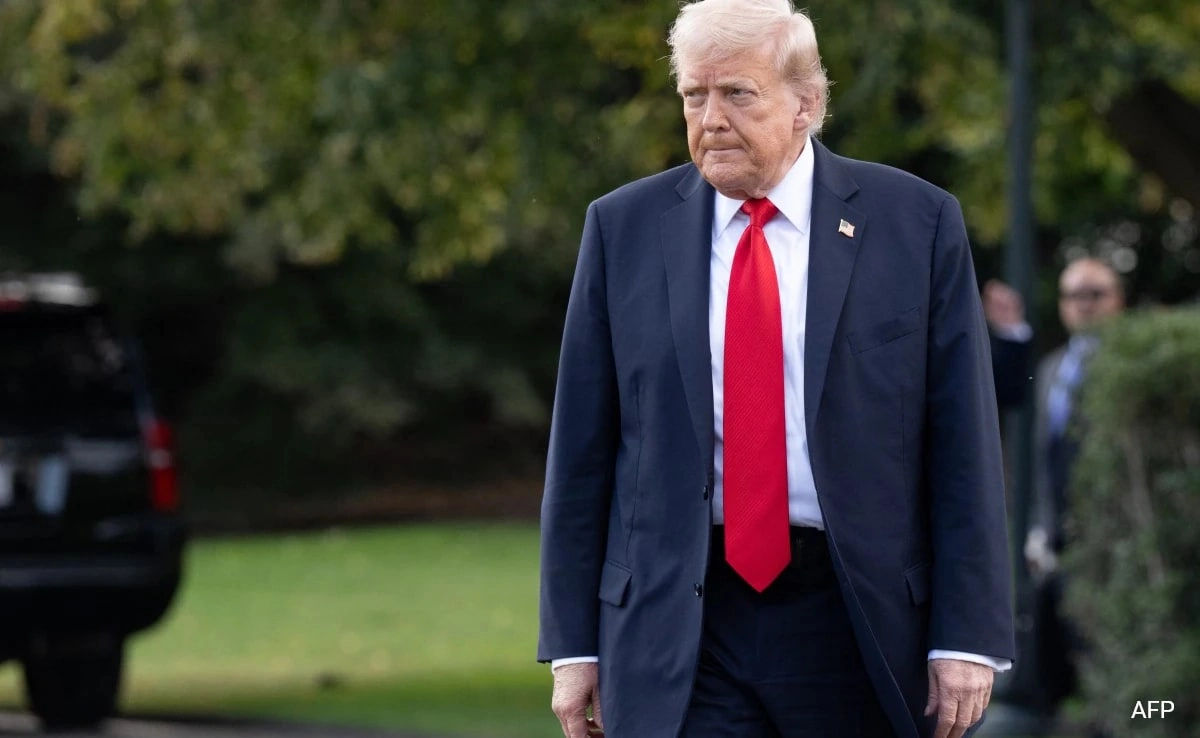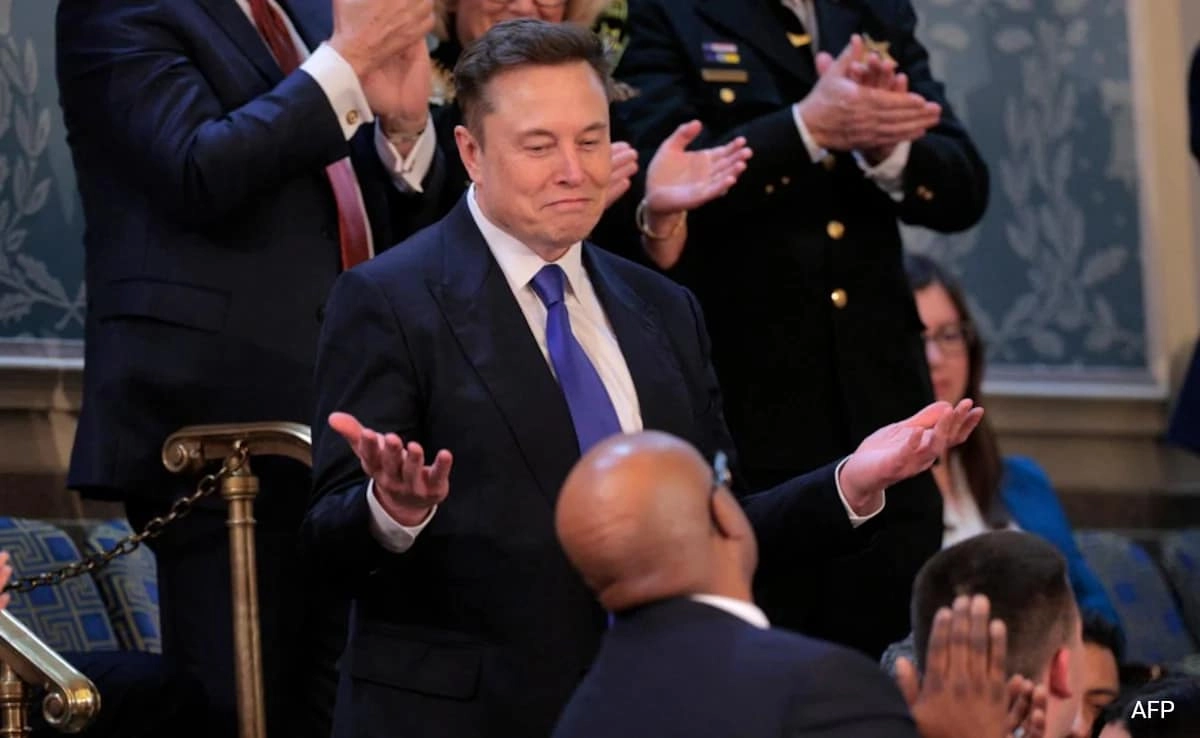Former President Donald Trump recently made headlines by asserting that negative media coverage constitutes an illegal act, a statement that has stirred significant debate, especially in light of his ongoing feud with late-night talk show host Jimmy Kimmel. This comment highlights a broader conversation about the role of media in shaping public perception and political discourse. Trump’s assertion raises questions about the boundaries of free speech and press freedom, particularly in an era where media criticism of political figures has become increasingly common.
In the context of his remarks, Trump pointed to Kimmel’s show as an example of the negative portrayals he often faces in the media. He characterized such criticism as harmful not only to his image but also to the integrity of public dialogue. Trump’s claims suggest a desire for a more favorable representation in the media landscape, which he believes should reflect positively on political leaders rather than focus on their shortcomings or controversies. This perspective is not unique to Trump; many political figures have expressed frustration with media coverage that they perceive as biased or unfair.
The implications of Trump’s statements extend beyond mere complaints about media treatment; they touch on fundamental issues related to democratic values and the responsibilities of the press. While Trump argues that negative coverage is ‘illegal,’ critics warn that such views could undermine the essential role of a free press in holding power to account. In democracies, media outlets serve as watchdogs, providing checks on leaders and fostering informed public discourse. Trump’s framing of negative coverage as illegitimate raises concerns about the potential for censorship and the chilling effect it could have on journalism.
As this debate unfolds, it is crucial to consider the balance between protecting public figures from unwarranted attacks and ensuring that the media remains a robust platform for criticism and accountability. The conversation surrounding Trump’s remarks also reflects the polarized nature of contemporary politics, where perceptions of media bias can significantly influence public opinion. Whether Trump’s claims gain traction or serve as a rallying point for critics of his administration remains to be seen, but the dialogue underscores the complexities of media relations in today’s political climate.




